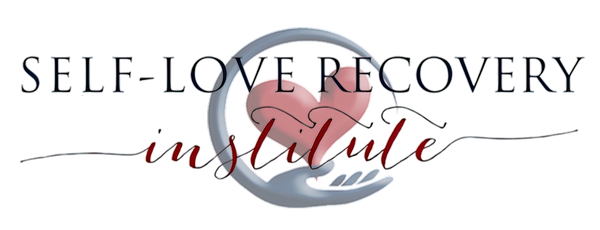Ross Rosenberg's Blog

We Are All Human Magnets
The earth is one colossal magnet with two opposite poles, like its smaller magnetic cousins. Each pole has opposite magnetic charges: positive and negative. As a result, a metal needle in a compass is highly sensitive to our planet’s magnetic field.
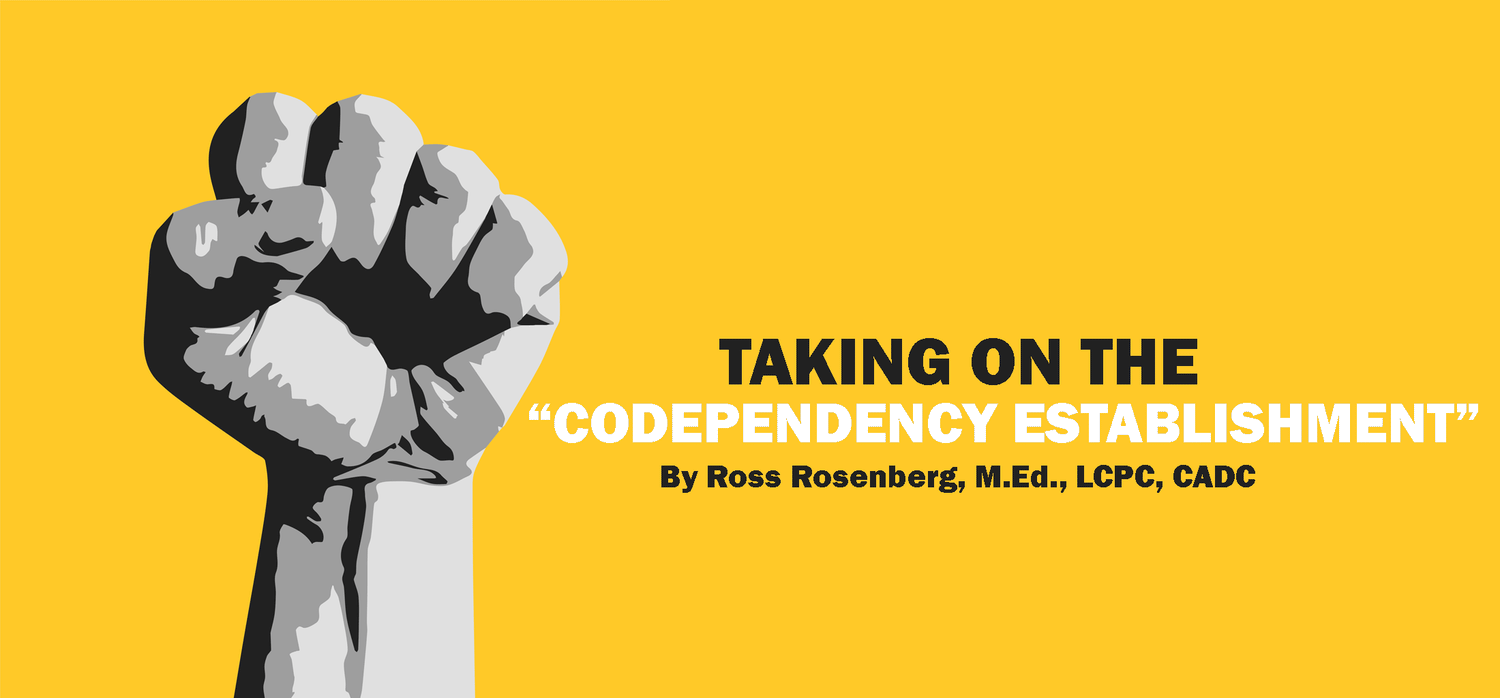
Taking on the Codependency Establishment
Fortunately for science, the process of pairing creativity with skepticism promotes new discoveries while discarding outdated misconceptions. That knowledge-bearing tension seems to fall short in stimulating the mental health community’s examination of codependency.
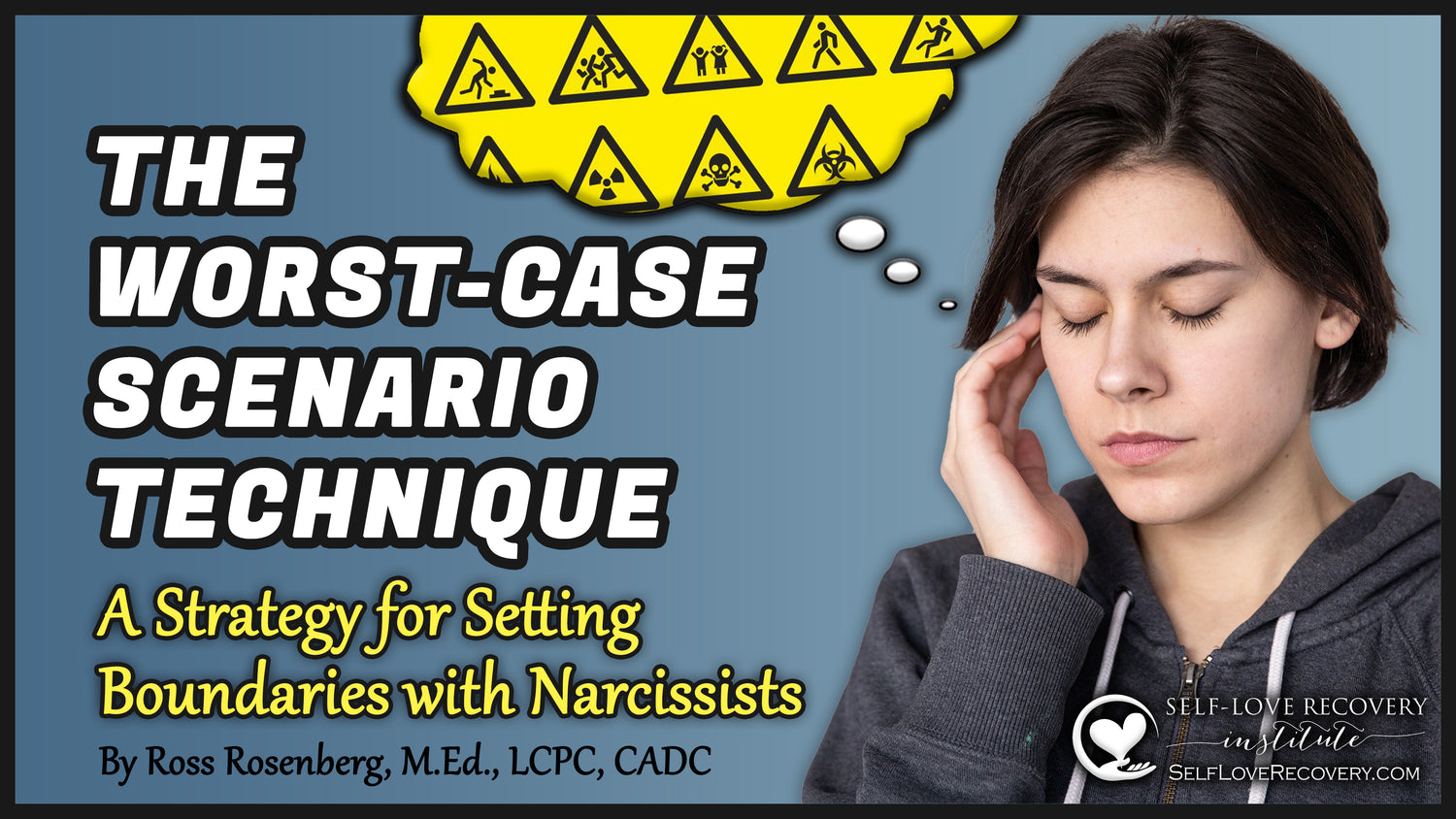
Predictive Awareness' Worst-Case Scenario Technique
The worst-case scenario technique (TWS) is a defensive strategy developed to aid people with self-love deficit disorder or SLDD (codependency) to be confident with the boundaries they set with severely narcissistic loved ones.
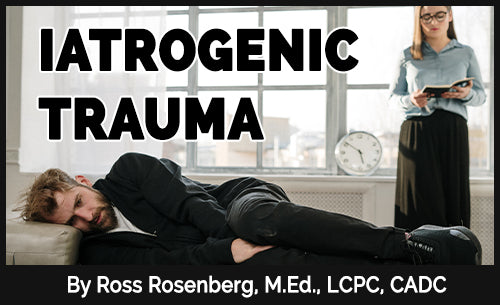
Iatrogenic Trauma: The Consequences of Ineffective Therapy
Iatrogenic trauma is the long-term suffering and distress caused by the poorly executed, mistaken, and/or incompetent treatment of any painful, limiting, or frightening mental health or medical problem. Such trauma is caused by a treatment provider’s unrealistic optimism, unfulfilled assurances of relief or a cure, treatment failure, the worsening of the condition, painful complications, or the creation of unanticipated unrelated conditions
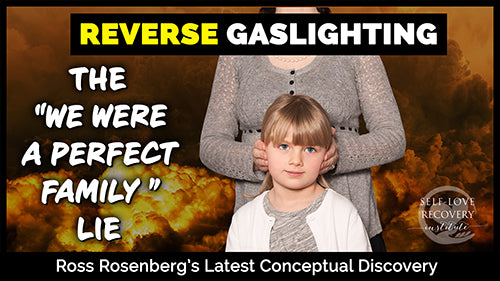
Reverse Gaslighting: The “We Are a Perfect Family” Lie
This was when I created the term “Reverse Gaslighting,” to explain the phenomenon about which we had been talking. Just like traditional gaslighting, there was a focused and selfish effort to manipulate the environment to create a false belief in a reality that was manufactured. In her case, her father—and to some degree, her mother—clearly manipulated her childhood and adolescent perceptions to make her believe what was obviously dysfunctional was healthy. Sandra now understood how and why her parents ignored or whitewashed any negative interactions so that the “perfect family” and “perfect daughter” narrative could stay intact.
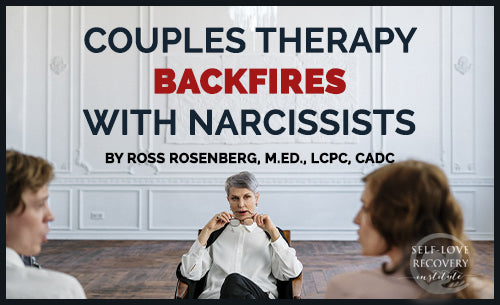
Couples Therapy Backfires With Narcissists
It is extremely likely that couples therapy will fail when one of the partners has been or could be diagnosed with narcissistic (NPD), borderline (BPD), and antisocial (ASPD) personality disorder.
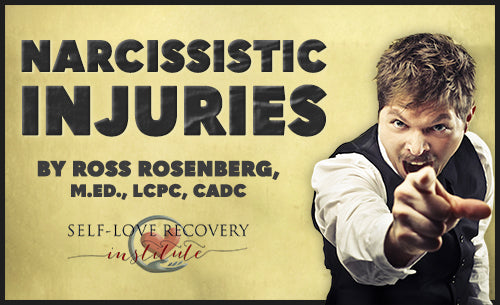
Narcissistic Injuries:Threatening the Narcissist's Low Self-Esteem
Narcissistic injuries are almost always projections, which is the misplacement of the narcissist’s unconscious self-hatred onto any person who they experience as threatening. Projections are dissociated feelings of self-hatred and self-loathing, that are attributed to a person who threatens the narcissist’s veneer-thin self-esteem. Because projections intertwine with narcissistic injuries, it is only academic to separate them.
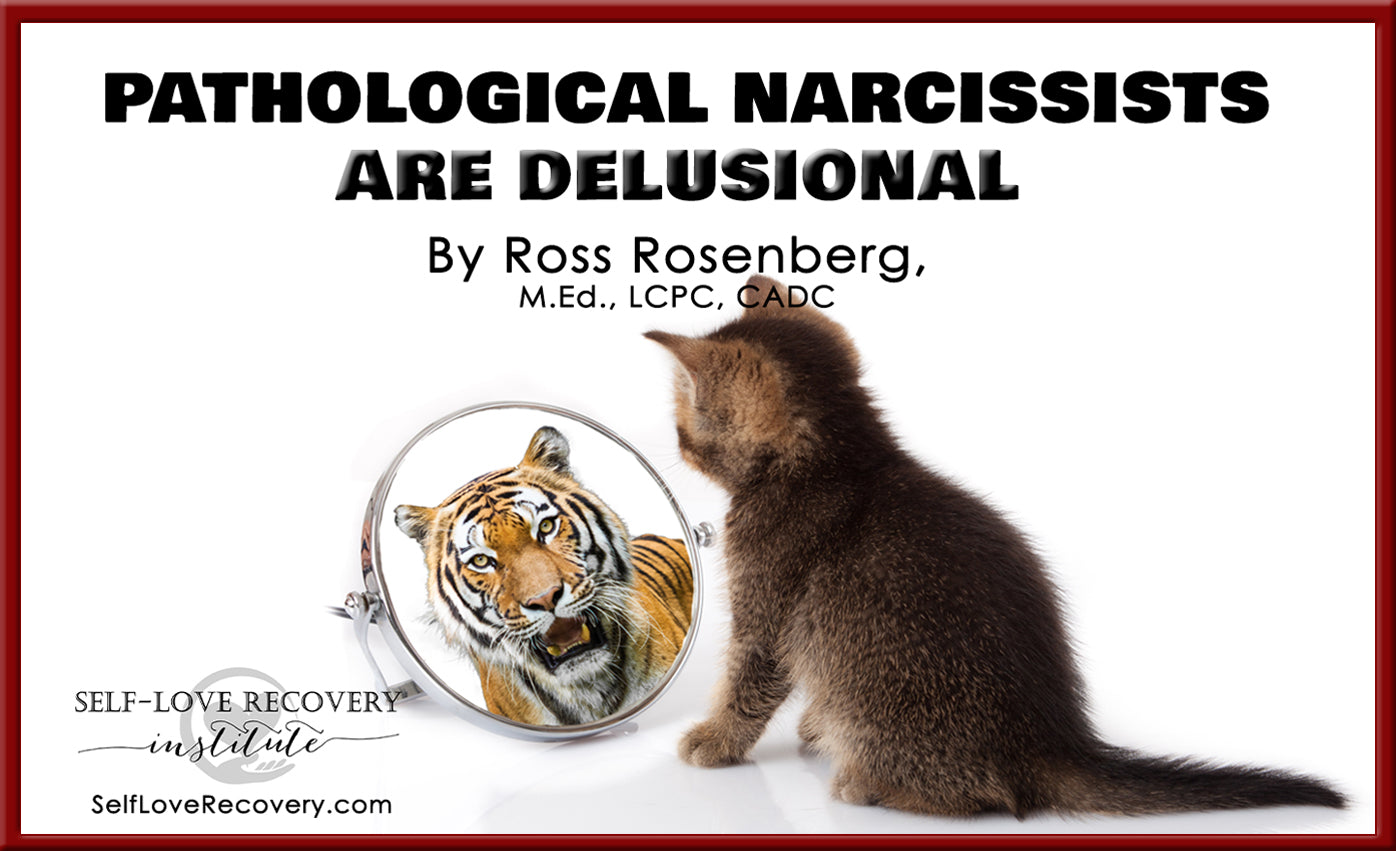
Pathological Narcissists Are Delusional
Written by Ross Rosenberg, M.Ed., LCPC, CADCSelf-Love Recovery Institute — President/CEOPsychotherapist, Educator, Author, Expert Witness These days, the term “delusion” or “delusional” is used well beyond its original clinical meaning. Like many of my other mental...
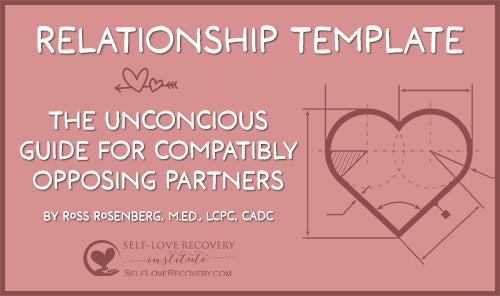
The Unconscious Guide for Compatibly Opposing Partners
Relationship templates are formed by a child's attachment experience with one or both parents. Whether healthy or dysfunctional, and anything in between, these templates coalesce into a “relationship guidance system” that consists of automatic/reflexive explanations, instructions, rules, preferred roles, and levels of tolerance. In the most basic sense, it serves as a "blueprint" and “instruction manual” that unconsciously and intuitively guides the development and maintenance of close and intimate oppositely compatible partners.
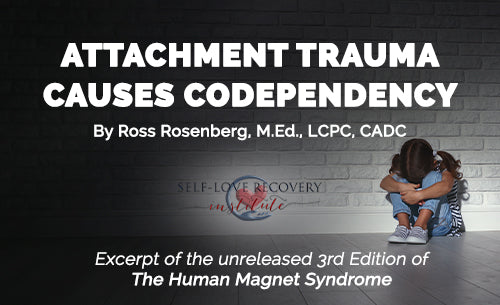
Attachment Trauma Causes Codependency
Written by Ross Rosenberg, M.Ed., LCPC, CADCSelf-Love Recovery Institute — President/CEOPsychotherapist, Educator, Author, Expert Witness An Excerpt of the Unreleased 3rd Edition of The Human Magnet Syndrome: The Odyssey from Soulmate to Cellmate The pathological narcissist's core...
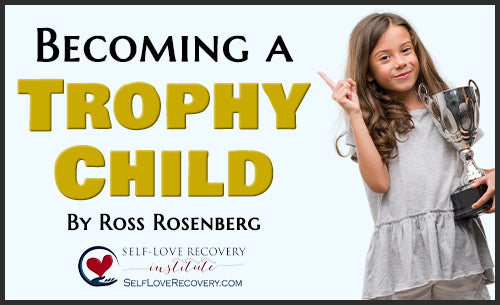
Children of Narcissists: Becoming a Trophy Child
If one of your parents was a pathological narcissist, you would have been born into this world with specific expectations determined by that narcissistic parent.
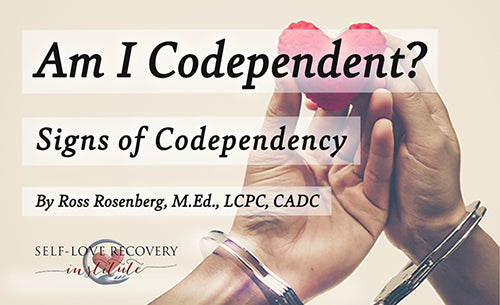
Am I Codependent? Signs of Codependency
The codependent’s compulsion to control someone who cannot be controlled puts them on a circular path that always brings them back to where they started: angry, frustrated, and resentful. Much like the dog chasing its tail, they run around and around, trying to get somewhere, but always ending up in the same place. Their attempts to seek the unobtainable create a series of personal and relational failures that ultimately remind them of their powerlessness over others. This pattern is self-reinforcing. The more they fail at controlling the pathological narcissist, the worse they feel. Over time, they get worn down by their failures and, consequently, give up on the hope the one-sided nature of their relationship will ever change.
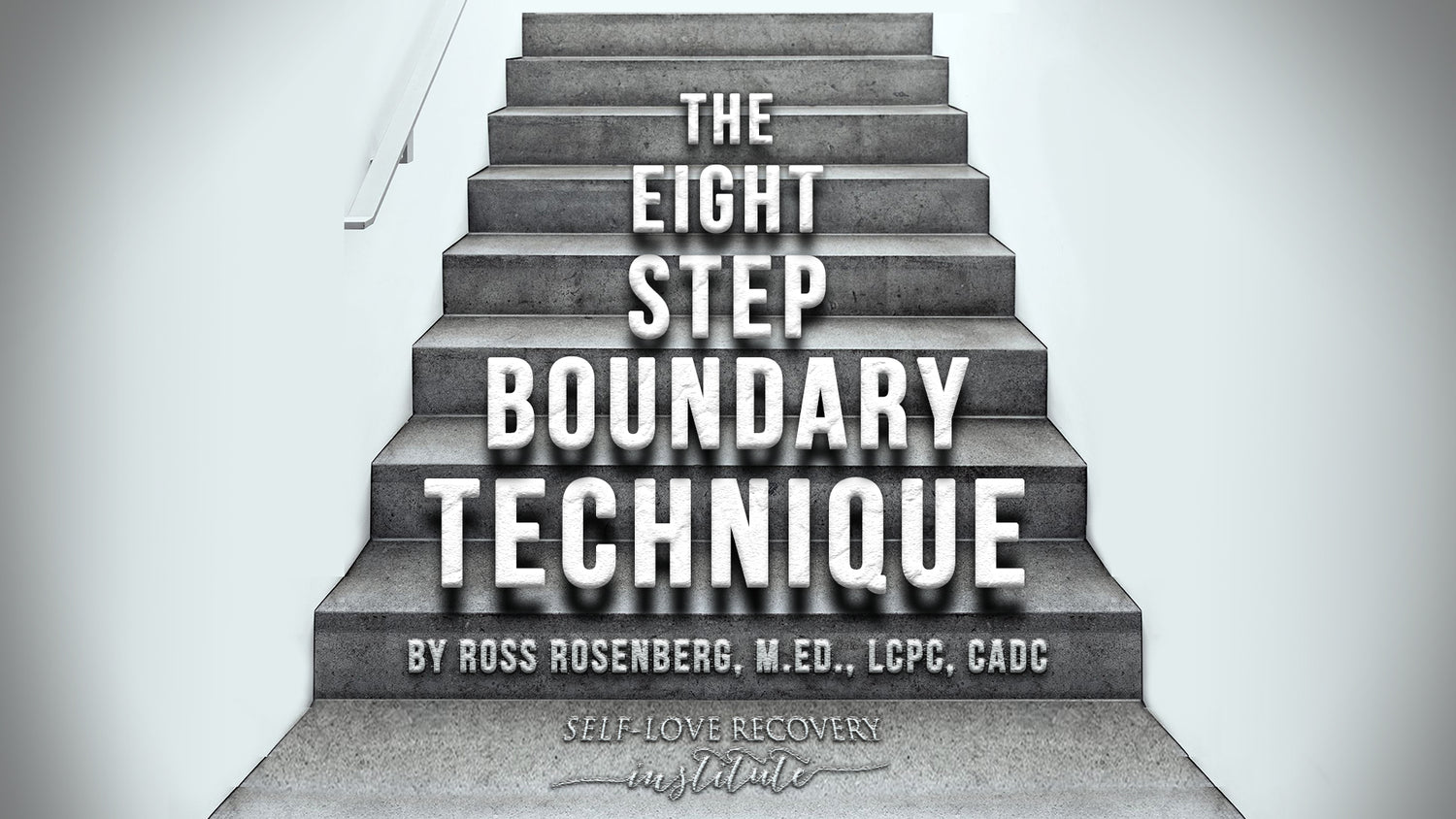
The 8-Step Boundary Technique
Setting boundaries is an important part of all relationships. It becomes even more important — and potentially life-saving — when you are interacting with a pathological narcissist. Those who are Self-Love Deficient (SLD), which is a new term for codependent, need to learn tools and strategies to set boundaries, even to the point of breaking up with someone.
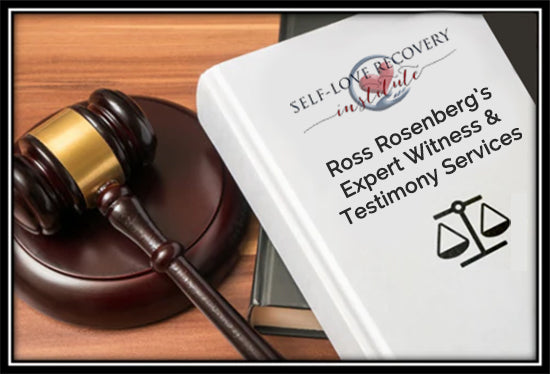
Hiring an Expert Witness or Testimony Consultant
Psychotherapists and other mental health practitioners are frequently called upon as expert witnesses in disputes involving emotional distress/trauma, mental illness, child custody disputes, and other disputed mental health-related phenomena. In such cases, their ability to provide persuasive and credible information/testimony to a judge and/or jury often determines the success of a specific legal proceeding.
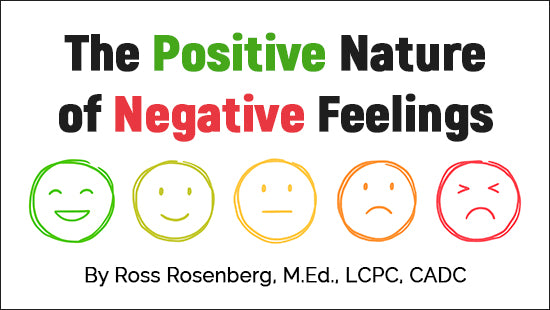
The Positive Nature of Negative Feelings
Just because “positive” feelings feel good does not necessarily mean that the “negative” feelings are not good for us. Although negative feelings create negative emotional states, they are essential to the positive mental health of all people. Human beings are biologically designed to experience a complete range of all possible feelings (emotions). We are born as a “blank slate” with the potential to develop a full array of emotional abilities. Through environmental, cultural, societal, and familial conditioning, we learn about our feelings, which are and are not valued, and the rules to manage them.
